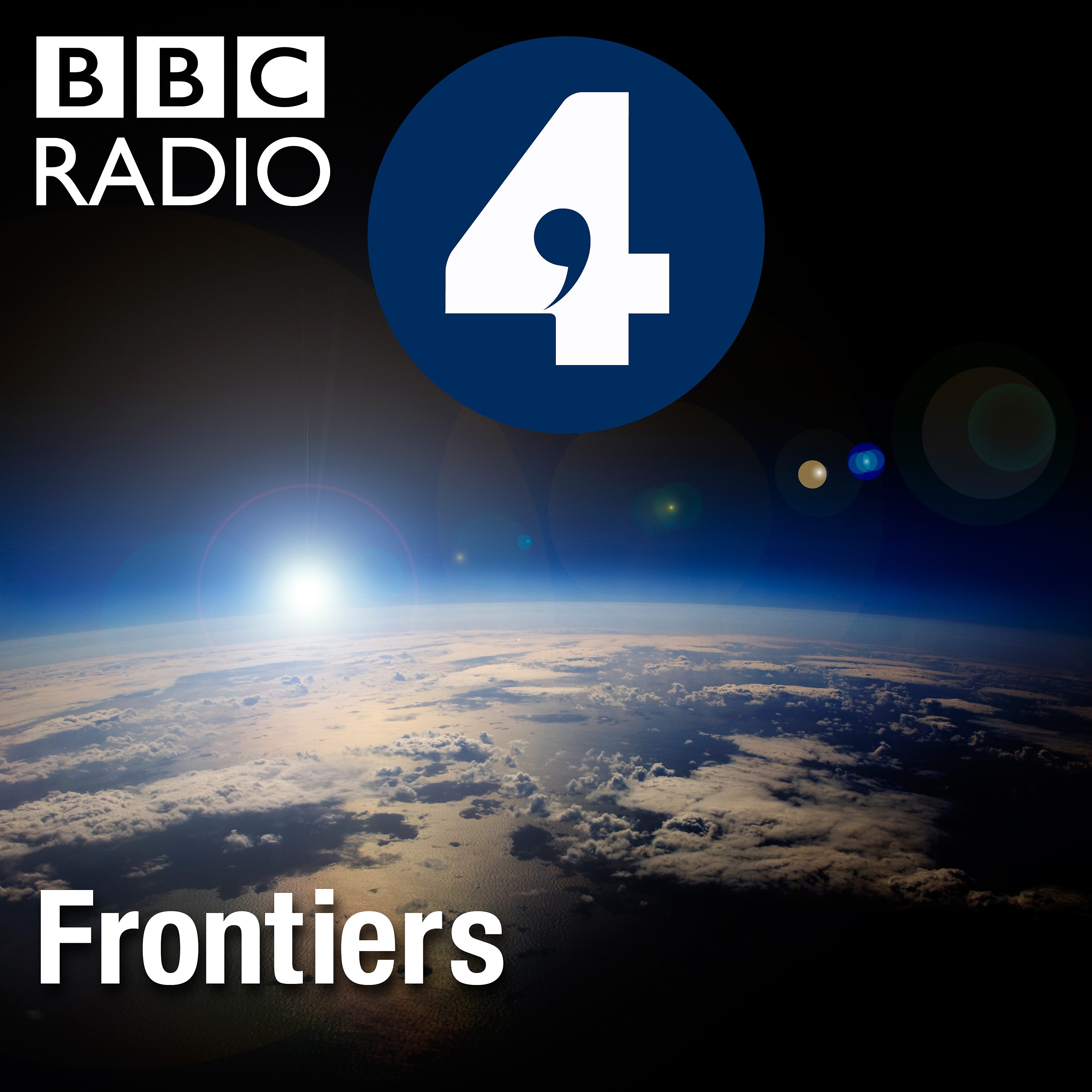Oxytocin
Description
The hormone oxytocin is involved in mother and baby bonding and in creating trust. Linda Geddes finds out if taking oxytocin can help people with autism become more sociable.
Larry Young, Professor in the Department of Psychiatry at Emory University in Atlanta, talks about the work in voles that demonstrated the role of oxytocin in pair bonding.
Professor Markus Heinrichs of Freiburg University in Germany tells Linda Geddes about doing the first research on oxytocin in human subjects. He was one of the authors of an influential paper on the hormone and trust, published in Nature in 2005.
As journalists for New Scientist, Linda and her husband, Nic, invited one of the other authors of that paper, Professor Paul Zak of Claremont Graduate University in California, to carry out an oxytocin experiment at their wedding.
At Cambridge University, Dr Bonnie Auyeung, is currently carrying out studies to find out if giving the hormone to adults with autism can improve their social skills.
And Professor Jennifer Bartz, from McGill University in Canada, explains how some research suggests that oxytocin doesn't always make people be more trusting and loving. She says the outcome depends on your previous relationship with the person.
More Episodes
Published 12/24/14
"e-Therapy" has come a long way since the (slightly tongue in cheek) days of ELIZA, a very early attempt at computer based psychotherapy. ELIZA was little more than an algorithm that spotted patterns in words and returned empty, yet meaningful-sounding questions back at the user.
All sorts of...
Published 12/24/14
Dr Hannah Fry investigates the hidden patterns behind terrorism and asks whether mathematics could be used to predict the next 9/11.
When computer scientists decided to study the severity and frequency of 30,000 terrorist attacks worldwide, they found an distinctive pattern hiding in the...
Published 12/23/14


